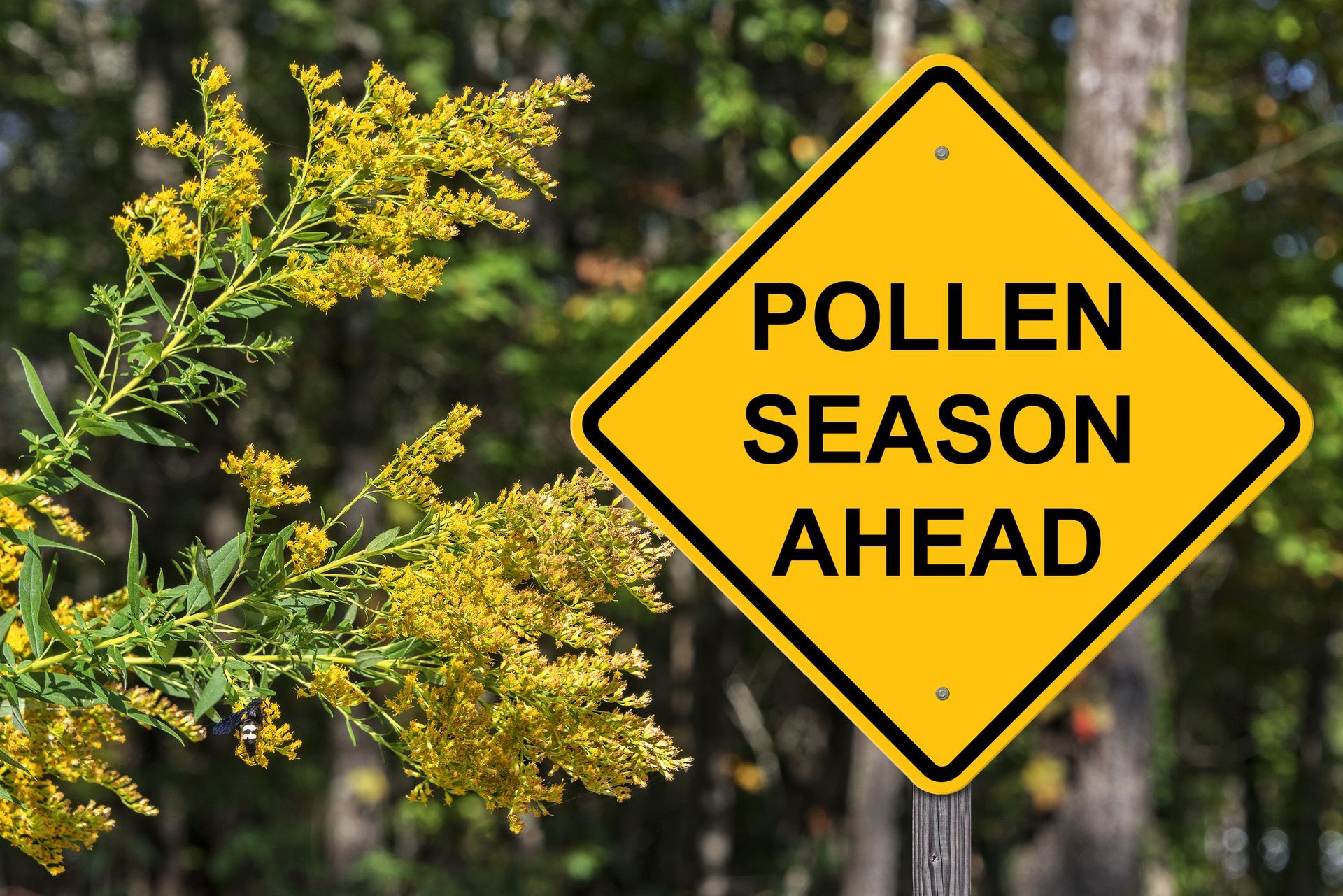Sublingual vs. Subcutaneous Immunotherapy: Which is Right for You?
Are allergies making your life miserable, especially in the beautiful state of Iowa? You're not alone! Allergies can affect your day-to-day activities, but there's good news - Iowa Allergy offers two effective treatments to help you combat allergies: Sublingual Immunotherapy (SLIT) and Subcutaneous Immunotherapy (SCIT). Let's dive into the differences between these two treatments, their pros and cons, and help you decide which one might be the right choice for you.
Sublingual Immunotherapy (SLIT)
Pros:
- Convenience: SLIT is incredibly convenient. It involves placing drops or a tablet containing allergen extracts under your tongue. No need for needles or clinic visits, making it ideal for busy individuals.
- Safety: SLIT has a lower risk of severe allergic reactions compared to SCIT. This makes it a safer option for children and adults alike.
- Effective:
Numerous studies have shown that SLIT effectively reduces allergy symptoms and can even lead to long-lasting relief.
Cons:
- Patience is Key: SLIT often takes longer to show results compared to SCIT. It may take several months to a year before you experience significant improvement.
- Limited Allergens: Not all allergens can be treated effectively with SLIT. It's important to consult with an allergist to determine if your specific allergies are suitable for this treatment.
Subcutaneous Immunotherapy (SCIT)
Pros:
- Fast Results: SCIT typically provides quicker relief, often within a few months. If you need rapid relief, this might be the better choice for you.
- Comprehensive Allergen Coverage: SCIT can treat a wide range of allergens, making it suitable for individuals with multiple allergies.
Cons:
- Needle Phobia: For some, the idea of regular injections can be intimidating or uncomfortable.
- Time-consuming: SCIT requires visits to the allergist's office for injections, which can be inconvenient for those with busy schedules.
Now, the big question - which one is right for you?
Choose Sublingual Immunotherapy (SLIT) If:
- You prefer a convenient, at-home treatment option.
- You have a fear of needles or have a child who needs allergy treatment.
- You can be patient and wait a bit longer for results.
Choose Subcutaneous Immunotherapy (SCIT) If:
- You want rapid relief from allergy symptoms.
- You have multiple allergies that need treatment.
- You don't mind regular clinic visits for injections.
At Iowa Allergy, we understand that allergies can be a real challenge. That's why we offer both Sublingual Immunotherapy (SLIT) and Subcutaneous Immunotherapy (SCIT) to cater to your individual needs. Our experienced allergists will work with you to determine the best course of action, ensuring you get the allergy relief you deserve.
Don't let allergies hold you back from enjoying all that Iowa has to offer. Contact Iowa Allergy today, and let us help you breathe easier, live better, and rediscover the joy of being allergy-free!
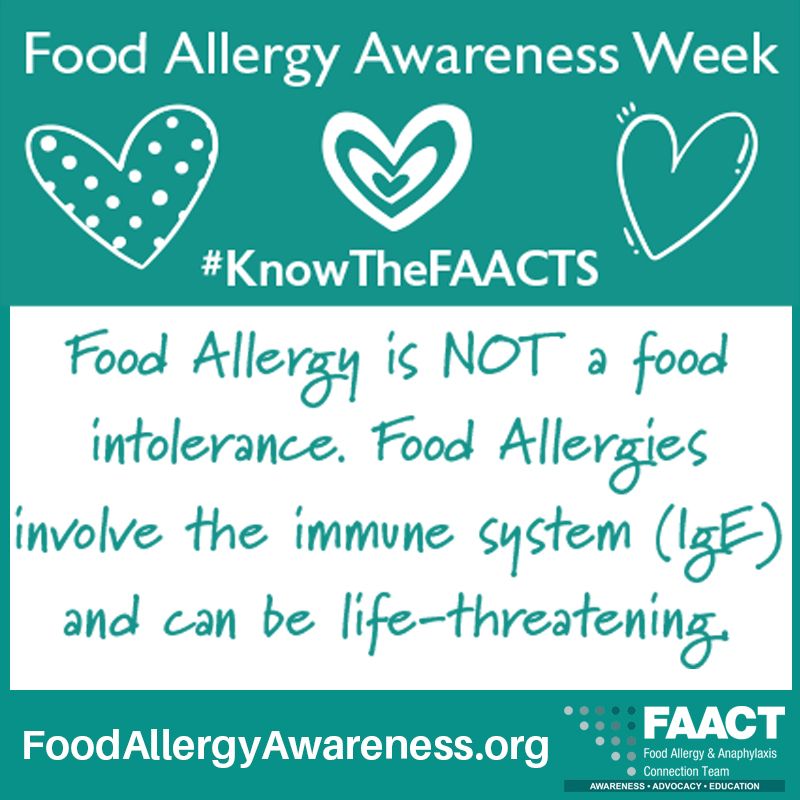
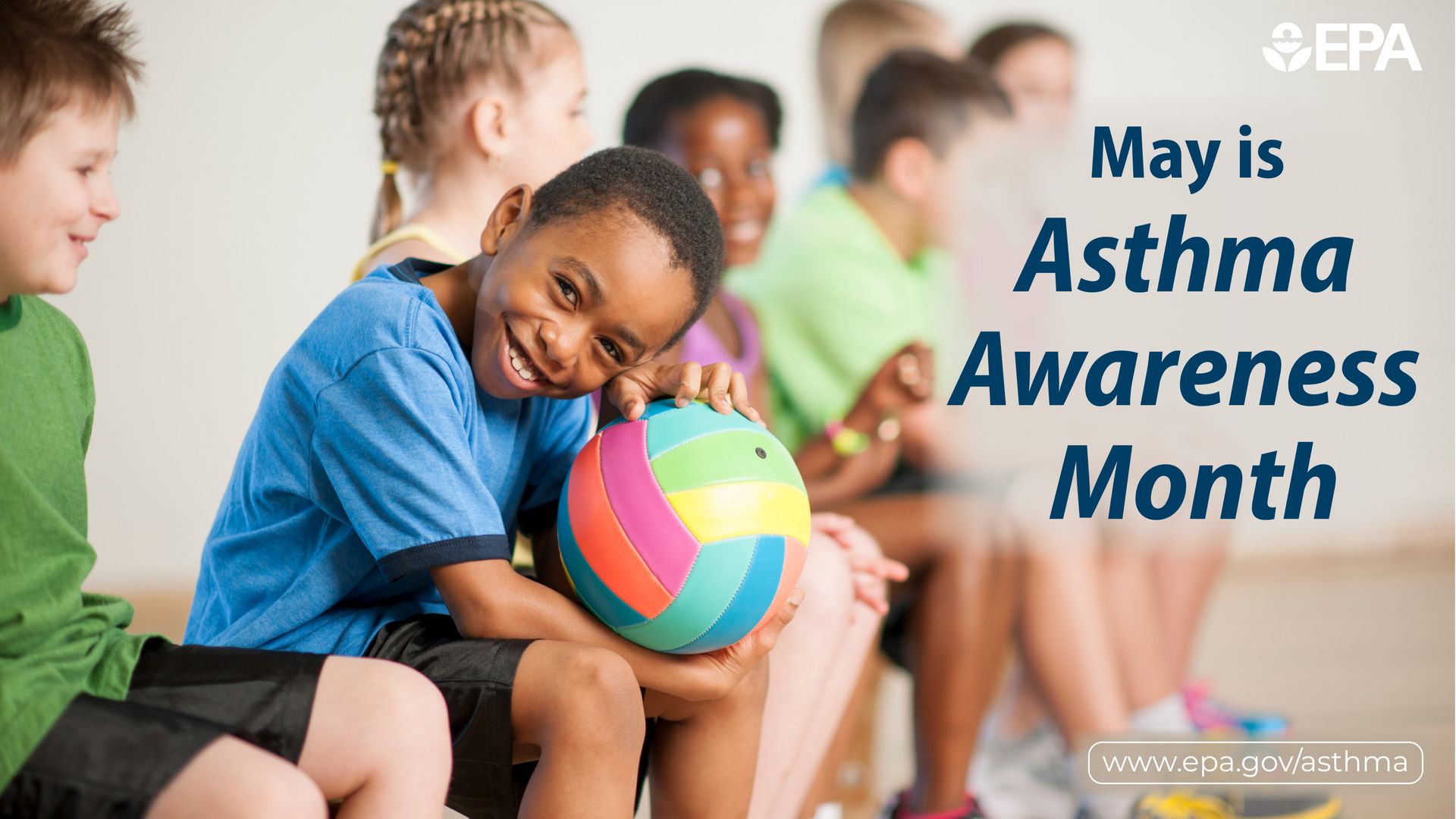
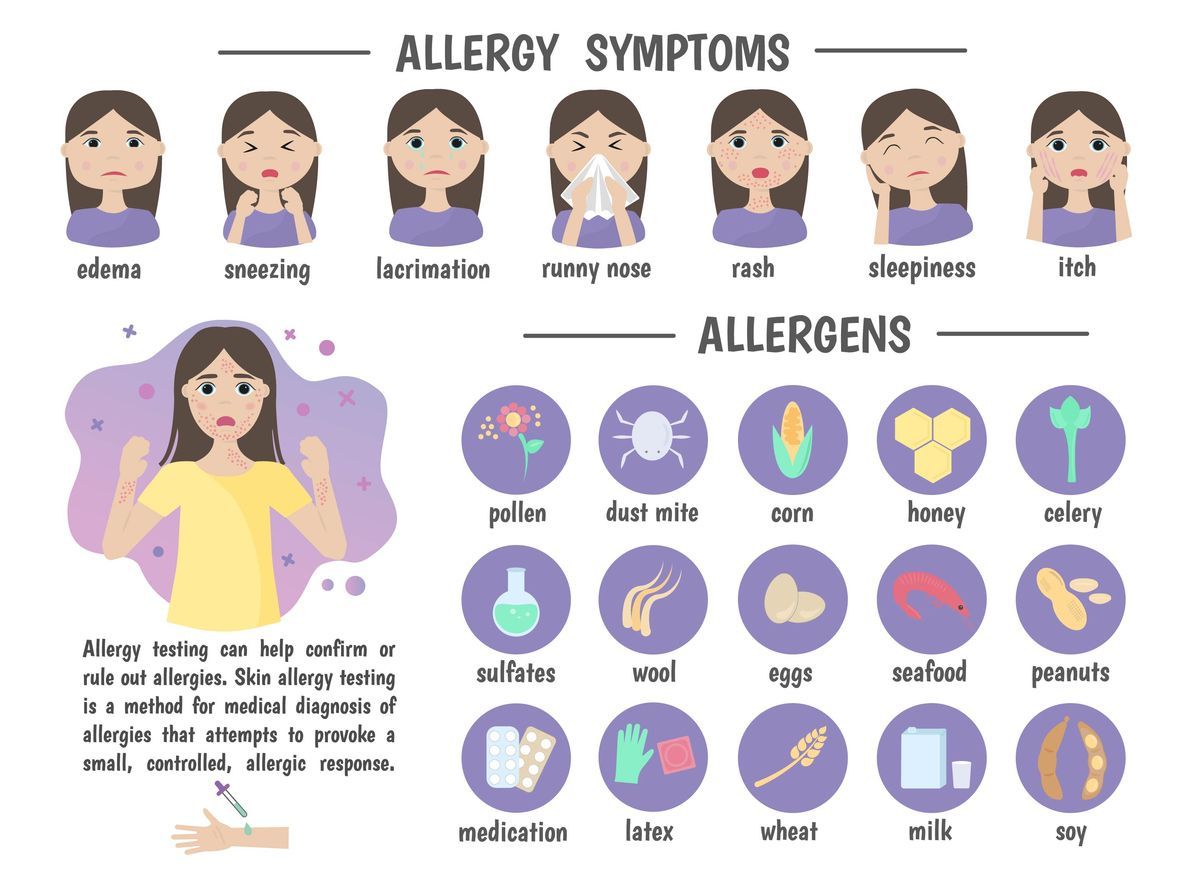
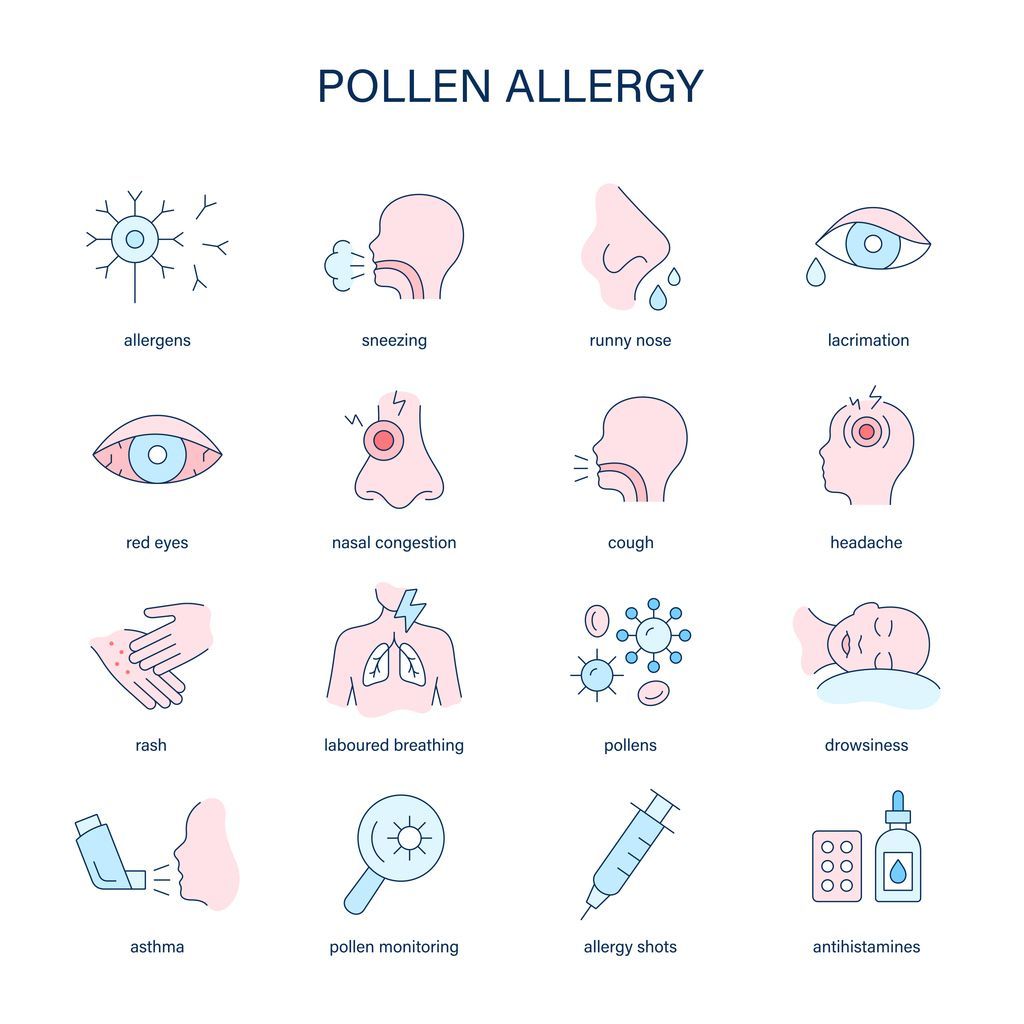
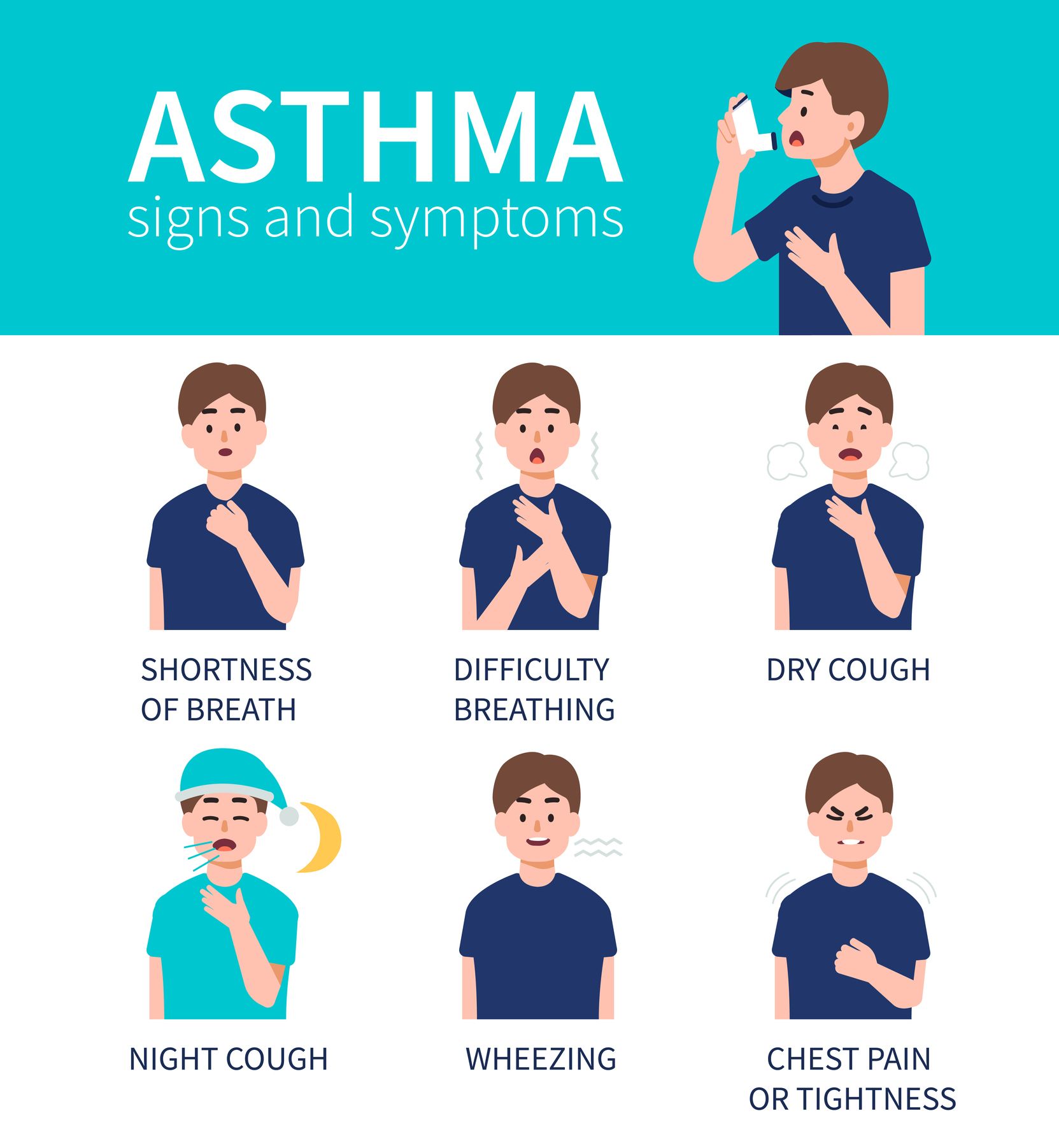



Let's Get In Touch
Need to see a doctor right away? Fill out the form and let us know your preferred date and time. Or call us at 515-410-9400. We make every attempt to be as responsive to your scheduling needs as possible. Once we hear from you, one of our staff members will contact you promptly to confirm the date.
Contact Us
We will get back to you as soon as possible.
Please try again later.

